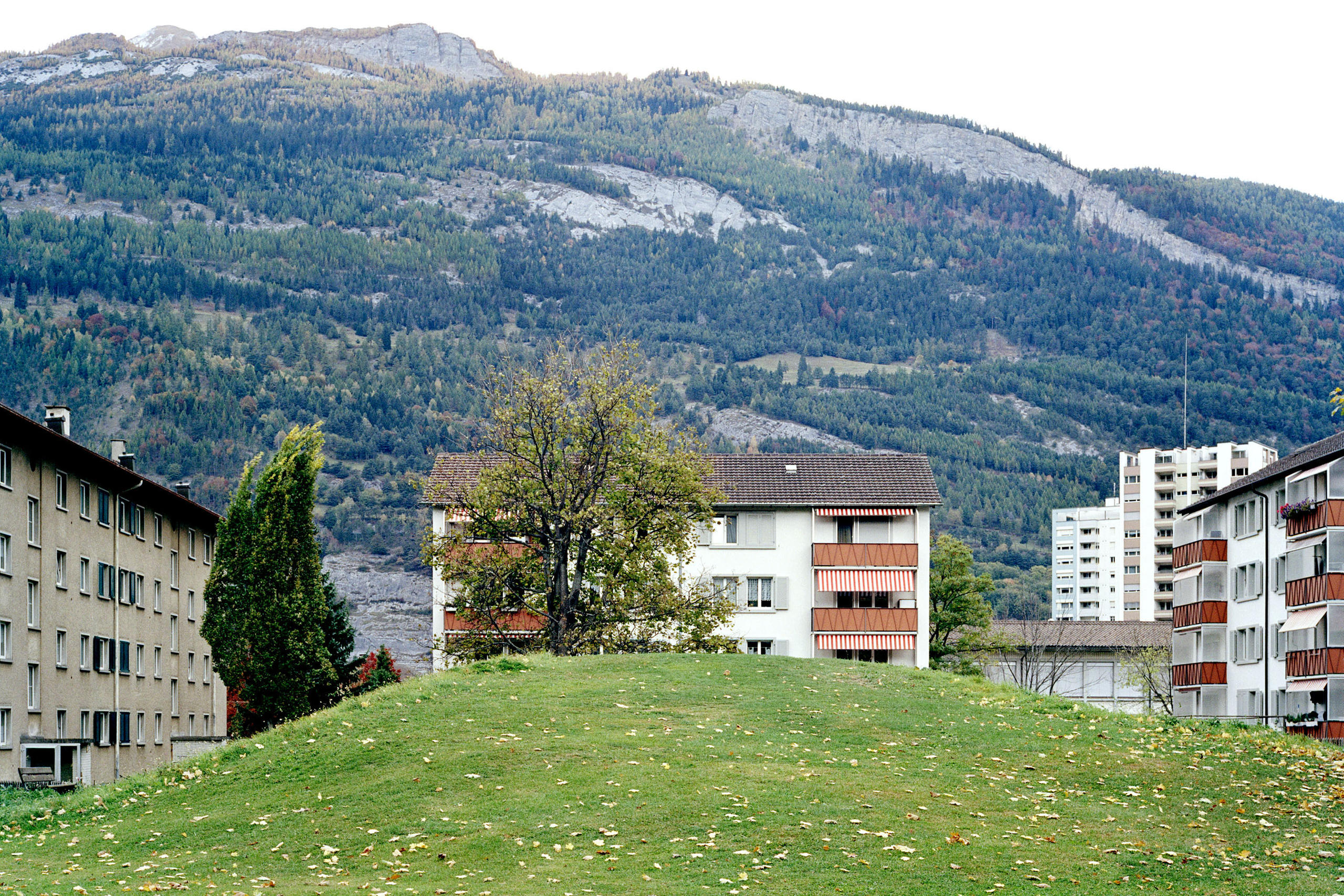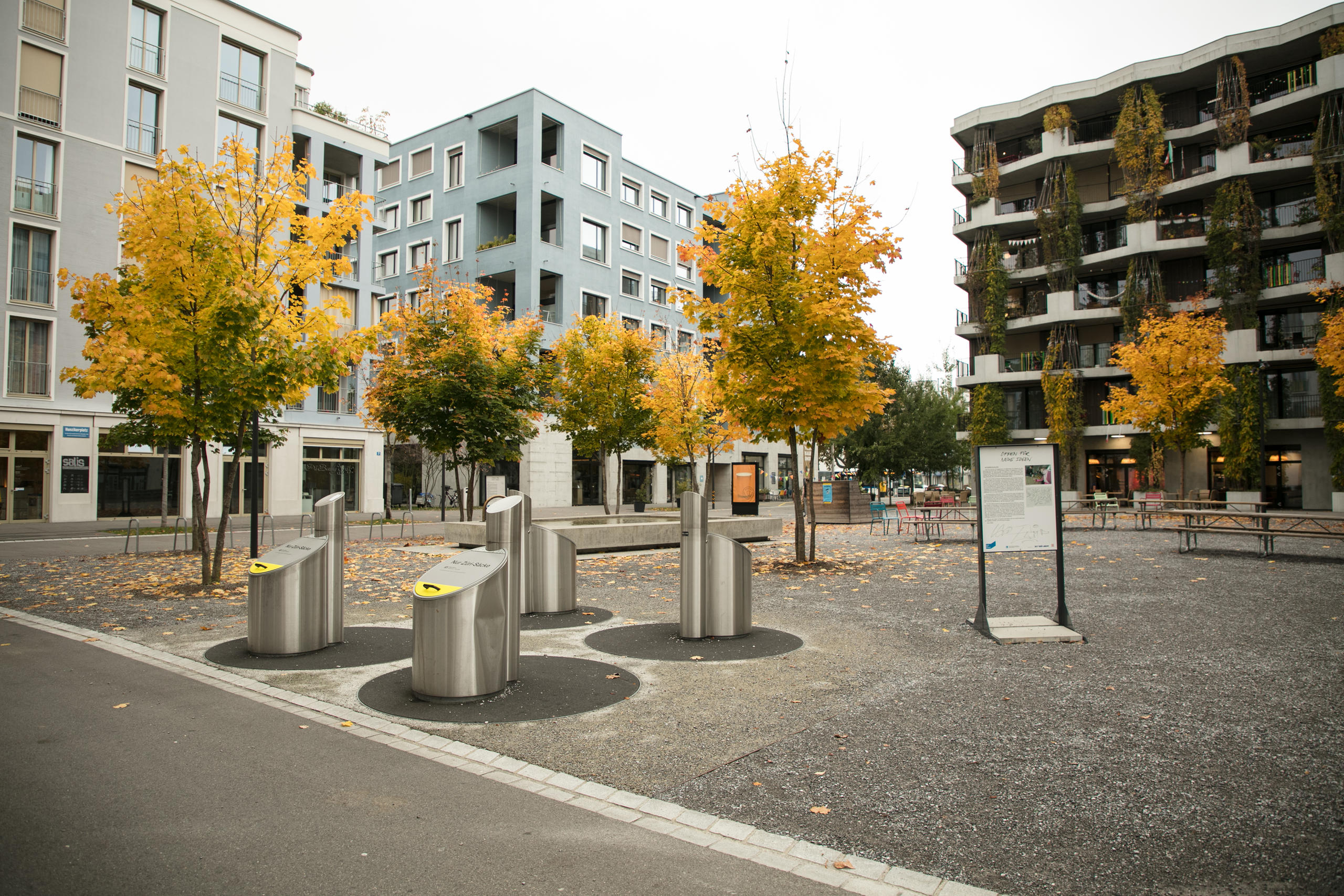
Housing in Switzerland

Finding somewhere to live in Switzerland can be difficult, especially in certain parts of the country. Knowing how the market works can give you the upper hand.
Most people in Switzerland (60%) live in rented flats, although the proportion of homeowners has been rising steadily since the 1970s. Over half of all housing comprises two to three bedrooms and a living room.
In 2019, the average net monthly rent was CHF 1,362 ($1,391). The cantons of Zug, Zurich and Schwyz were the priciest, with Jura, Neuchâtel and Valais at the other end of the scale. Rents are around 10% higher in the major cities.

More
How the Swiss live – from co-operatives to mobile homes
Finding a flat
The easiest way to find a flat is to scour the lists of available housing on specialised websites or directly on the websites of estate agents in the area where you want to live. The advertisements usually provide a contact number or person, so you can make an appointment to view the property.
The next stage is to send in an application form, backed by accompanying documentation, to the estate agent or the landlord directly. This should generally include: proof of identity; an employment contract stating your income, or salary slips from the last three months; a clean record from the debt enforcement register; a residence permit for foreigners; and a copy of your liability insurance policy.

More
Cooperative living: a hip alternative for the Swiss
Signing a tenancy agreement
Once a tenancy has been allocated, the property manager or landlord signs a rental contract with the tenants. This contract includes the contact details of all the parties, the assets included in the rental (garage, cellar, etc.), the term of the lease, the rental price as well as utility costs (heating, water, electricity, etc.) and the rent guarantee.
Most agencies and landlords require this guarantee, which can represent up to three months’ rent. It serves as a security deposit to cover any damage to the property beyond “normal wear and tear”. The money is not paid directly to the manager or landlord but is deposited in a special rental-guarantee account opened by the tenant in a Swiss bank. If there are no problems, the value of this rent deposit is returned at the end of the contract.

More
Tiny houses carve a small niche in Switzerland
Terminating a tenancy agreement
A tenancy agreement may be of limited or indefinite duration. Most often, it is concluded for an indefinite period and either party may terminate it with a set notice period and in accordance with specific rules laid out in the contract.
Moving out often requires a three-month notice sent via registered mail. A tenant who wishes to leave before the terms of the agreement expire must find a replacement tenant who is solvent and willing to take over the lease under the same conditions.
It is expected that rental properties be well maintained and that they are returned exactly as they were when rented.
For more information on housing in Switzerland, see:
Brochure in 19 languages downloadable from this government website.External link
Official website ch-chExternal link
Federal Statistical OfficeExternal link for information on types of accommodation and rent.
Associations defending tenants’ rights in French-speaking SwitzerlandExternal link, German-speaking SwitzerlandExternal link and Italian-speaking SwitzerlandExternal link

In compliance with the JTI standards
More: SWI swissinfo.ch certified by the Journalism Trust Initiative
















![The four-metre-long painting "Sonntag der Bergbauern" [Sunday of the Mountain Farmers, 1923-24/26] had to be removed by a crane from the German Chancellery in Berlin for the exhibition in Bern.](https://www.swissinfo.ch/content/wp-content/uploads/sites/13/2025/12/01_Pressebild_KirchnerxKirchner.jpg?ver=a45b19f3)











You can find an overview of ongoing debates with our journalists here . Please join us!
If you want to start a conversation about a topic raised in this article or want to report factual errors, email us at english@swissinfo.ch.